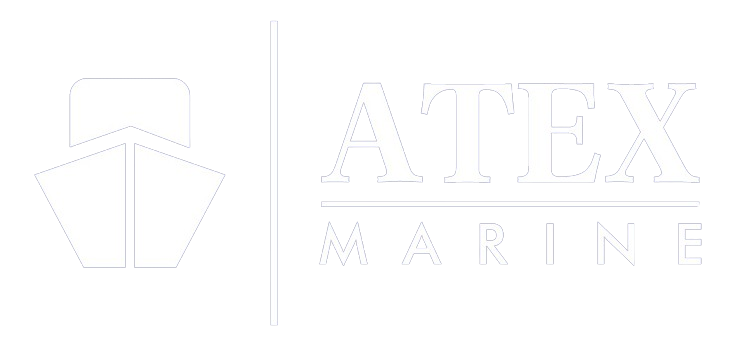AUTOMATION
Understanding Marine Machinery Control and Monitoring Systems
Marine Machinery Control and Monitoring Systems (MCM) are essential onboard systems that manage and supervise the operation of machinery and equipment on ships and offshore platforms. These systems ensure optimal performance, efficiency, and safety by monitoring parameters such as temperature, pressure, fuel consumption, and engine performance. This guide explores the key aspects of marine machinery control and monitoring systems and addresses frequently asked questions about their functions, benefits, and integration.
What are Marine Machinery Control and Monitoring Systems?
Marine Machinery Control and Monitoring Systems are advanced onboard systems that automate and oversee the operation of machinery, propulsion systems, and auxiliary equipment on ships and offshore installations.
Benefits of Marine Machinery Control and Monitoring Systems
Implementing marine machinery control and monitoring systems offers several advantages:
- Enhanced Operational Efficiency: Optimizes machinery performance, reducing fuel consumption and maintenance costs.
- Real-time Monitoring: Provides continuous monitoring of critical parameters to detect issues early and prevent equipment failures.
- Improved Safety: Ensures safe operation by monitoring engine parameters, emissions, and safety systems.
- Remote Accessibility: Allows for remote monitoring and control of machinery systems, enhancing operational flexibility.
- Compliance: Helps vessels comply with environmental regulations and safety standards by monitoring emissions and operational parameters.
10 Frequently Asked Questions (FAQs) about Marine Machinery Control and Monitoring Systems
| FAQ | Answer |
|---|---|
| What are marine machinery control and monitoring systems? | They are onboard systems that automate and supervise the operation of machinery, propulsion systems, and auxiliary equipment on ships and offshore platforms. |
| How do marine machinery control systems work? | They monitor and control parameters such as engine performance, fuel consumption, temperature, pressure, and emissions to optimize efficiency and safety. |
| Why are machinery monitoring systems important? | They ensure optimal performance, reduce maintenance costs, enhance safety, and facilitate compliance with regulatory requirements. |
| What types of machinery are monitored by these systems? | Systems typically monitor main engines, generators, propulsion systems, HVAC systems, pumps, and other critical machinery onboard. |
| Can machinery control systems integrate with other onboard systems? | Yes, they can integrate with navigation systems, communication systems, and safety systems to provide comprehensive vessel management. |
| Are machinery monitoring systems customizable? | Yes, systems can be customized to meet specific vessel requirements, operational profiles, and regulatory standards. |
| How often should machinery monitoring systems be calibrated? | Calibration frequency depends on manufacturer recommendations and regulatory requirements, typically performed during scheduled maintenance intervals. |
| What are the benefits of remote monitoring? | Remote monitoring allows for real-time data access, troubleshooting, and control from shore-based offices or control centers, enhancing operational efficiency and response times. |
| Can machinery control systems detect potential failures? | Yes, systems use predictive analytics and alarms to detect abnormal trends or conditions that could lead to equipment failures, allowing for proactive maintenance. |
| Are machinery monitoring systems user-friendly? | Yes, modern systems feature intuitive interfaces and user-friendly controls to facilitate easy operation and monitoring by onboard personnel. |
Conclusion
Marine Machinery Control and Monitoring Systems play a crucial role in optimizing vessel performance, efficiency, and safety. By automating monitoring tasks and providing real-time data, these systems contribute to operational reliability, cost-effectiveness, and regulatory compliance in maritime operations. Understanding their functions and addressing common questions can help maritime professionals harness the full potential of these advanced onboard systems.
